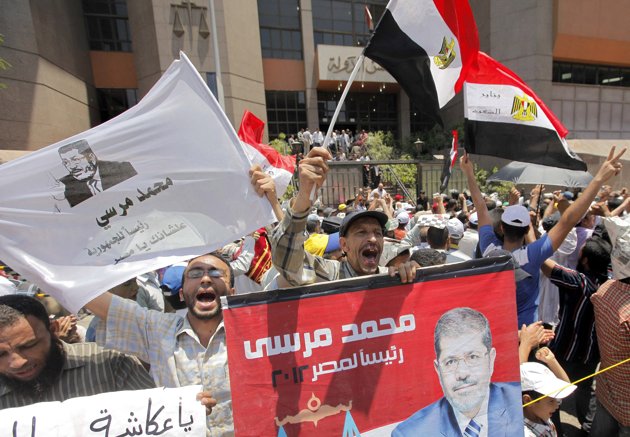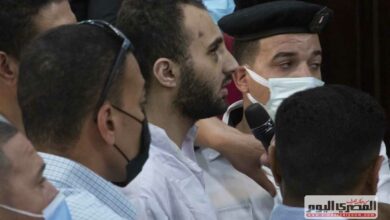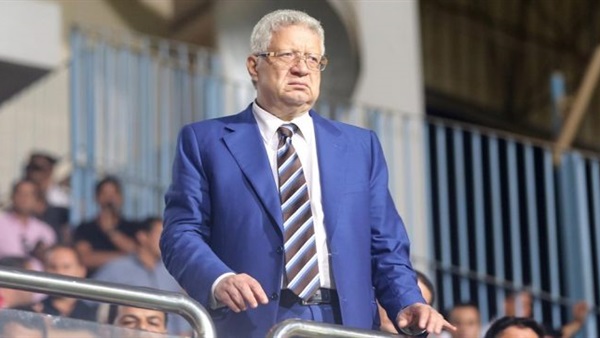
The State Council’s Administrative Court postponed until Thursday verdicts on cases regarding the dissolved Parliament and the supplementary constitutional declaration.
The court also adjourned the case against the current Constituent Assembly until Thursday to enable lawyers to complete requests for changing the panel of judges, state-run news agency MENA reported.
The court has been hearing cases against the Constituent Assembly, the Shura Council, the supplement to the Constitutional Declaration, and President Mohamed Morsy’s decree to reinstate the People’s Assembly.
MENA said that the court referred the cases regarding the dissolution of the Shura Council and the supplementary constitutional declaration to the State Council commissioners for their legal opinion.
Lawyers and rights groups had filed suits against the Constituent Assembly claiming that the assembly's current formation is invalid based on a previous Administrative Court verdict. The court dissolved the first Constituent Assembly in April because it contained members of Parliament, which it ruled was in violation of the Constitutional Declaration.
If this second version of the Constituent Assembly is also dissolved by court order, then the military council has the right to form a new assembly under the supplement to the Constitutional Declaration.
The Supreme Council of the Armed Forces issued the addendum to the interim constitution on 17 June as the polls closed in the runoff presidential election. The supplement grants the SCAF legislative powers in light of the 14 June Supreme Constitutional Court verdict dissolving the People’s Assembly.
President Morsy issued a decree to reconvene the assembly on 8 June, but it was overruled two days later by the SCC. Morsy announced that he would respect the court’s ruling on this matter, but the Administrative Court is still considering a case filed against his decree.
The SCC found that the parliamentary elections law was unconstitutional because of an article that allows candidates affiliated with political parties to run for the one-third of seats reserved for independents. Because the Shura Council elections were also held under this law, suits were filed calling for its dissolution.




